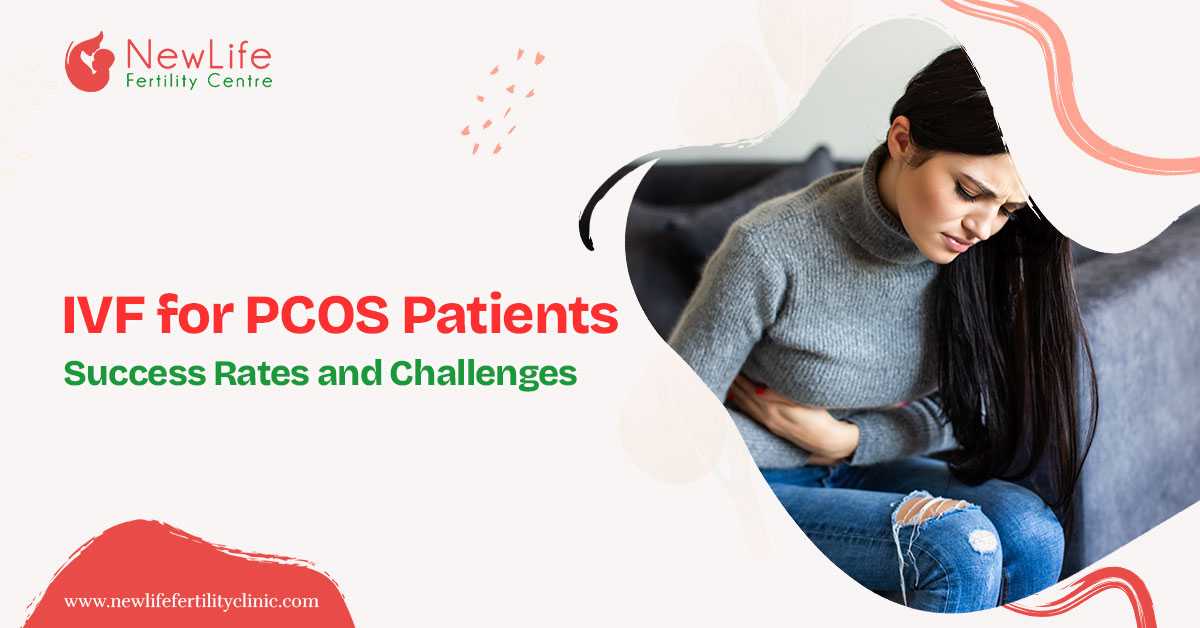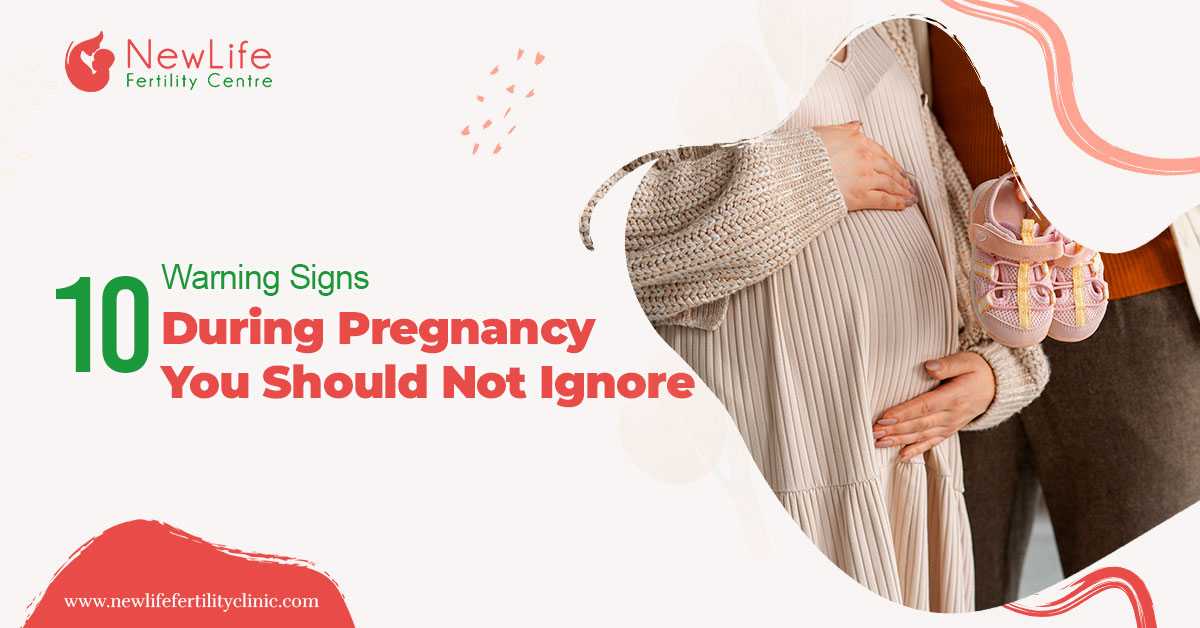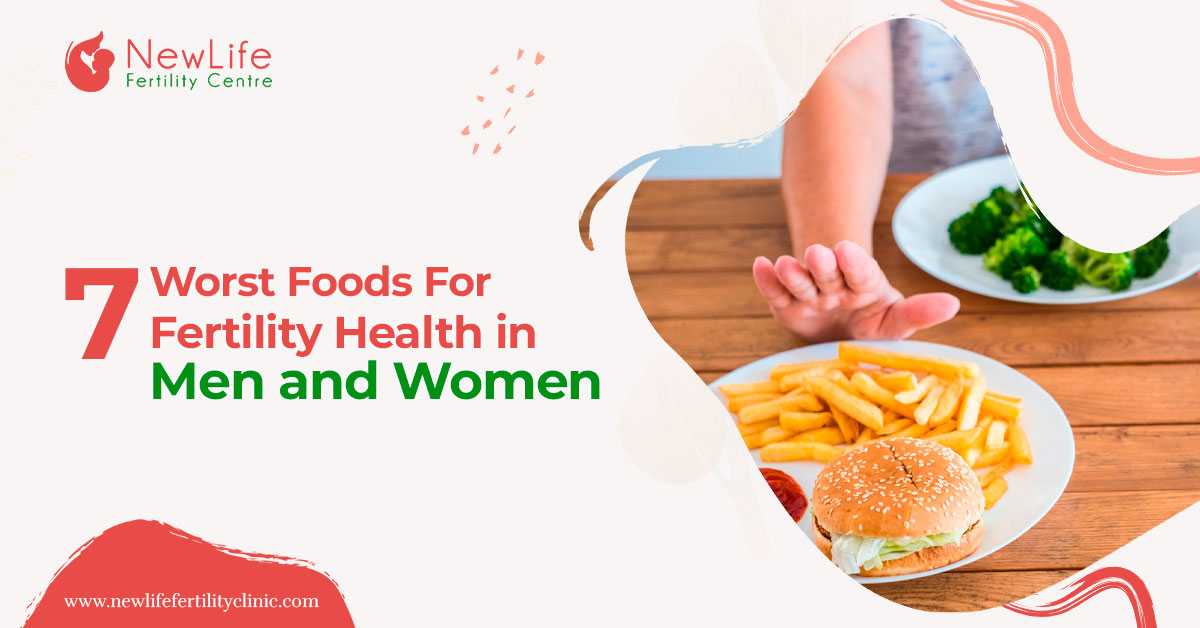Your food choices play a vital role in your fertility and pregnancy. Among lifestyle-associated fertility concerns, certain food items and a lack of essential vitamins and minerals are probably the most common factors.
Avoiding some foods can have a good impact, whether you're actively trying to conceive a baby or attempting to maintain optimal reproductive well-being. These seven foods are the worst for men's and women's fertility. Get expert advice and personalized lifestyle from the best infertility specialist in Siliguri or near you.
Fried, Baked, and Processed Food Choices
You should know that trans fats are present in margarine, baked products, processed snacks, fried foods, and some frozen meals. Did you know that dangerous synthetic fats called trans fats are added to food to improve flavor and prolong shelf life?
A number of studies have linked trans fats to poor sperm quality in males and ovulation concerns in women. These fats, with time, basically impair insulin sensitivity in your body, which is essential for hormonal balance and ovulation health, and they can raise inflammation rate.
Healthy sources: Olive oil, avocados, nuts, and seeds.
Processed Meats
Some common sources are deli meats, jerky, hot dogs, sausages, and bacon. And, they include preservatives, salt, and saturated fats, all of which are associated with lower fertility and poor cardiovascular health.
High calories, low protein, high cholesterol, and high sodium are abundant in processed meats. Moderate to high intake of processed meats has been linked to lower sperm counts and poor sperm morphology in males. Also, excessive consumption may raise the risk of ovulatory problems in women and affect reproductive hormones.
Healthy Sources: Plant-based proteins, and lean meats like turkey or grilled chicken.
Sugary Beverages
One of the worst food choices for your overall health is commercial feel-good sugary beverages, found in flavored coffee drinks, energy drinks, soda, and teas with added sugar.
Consuming a lot of sugar raises insulin levels in your body, which can affect a woman's ovulation and hormonal balance. Excessive sugar intake in males has been linked to poor sperm motility and low testosterone levels. Plus, such sugar intake can lead to weight gain/ obesity and metabolic syndrome.
Healthy Sources: Herbal teas or fresh fruit-infused water are better options.
Refined Carbohydrates
The majority of packaged foods, white bread, white rice, and pastries are refined carbohydrates. Because refined carbohydrates are low in fiber and minerals, blood sugar and insulin levels rise quickly if consumption is regular or even moderate.
A major cause of infertility in women, polycystic ovarian syndrome (PCOS), is worsened by elevated insulin. High insulin levels in the body may raise the risk of inflammation and interfere with ovulation. On the other hand, high-carb diets can affect testosterone levels and raise the risk of obesity in males, which is associated with poor sperm function.
Healthy Sources: Quinoa, brown rice, other whole grains, oats, etc.
High-Mercury Fish
One harmful heavy metal that can accumulate in the body and affect your fertility is mercury. Hormonal abnormalities and an increased risk of miscarriage have been associated with high mercury levels in women.
Swordfish, sharks, tilefish, king mackerel, and certain tuna species are packed with this. In male fertility, mercury can affect the quantity and quality of sperm. Because fish is typically healthy, select low-mercury varieties.
Healthy Sources: Trout, tilapia, salmon, and sardines.
Dairy with Added Hormones
Commercial ice cream, yogurt, cheese, and milk that aren't organic are loaded with this feature. Synthetic hormones like rBST are frequently included in market-popular dairy products.
Regular or high consumption of these food items can throw off the body's natural hormonal balance. Over time, they affect men's sperm production and women's ovulation. Furthermore, inflammation because of dairy sensitivity or intolerance may harm reproductive health in men and women.
Healthy Sources: Hormone-free or organic dairy products, or try plant-based substitutes like oat, coconut milk, or almond milk.
Alcohol
This is available in hard liquors, wine, beer, and cocktails. When excessive intake is really bad, we cannot guarantee that a small amount of alcohol intake is safe. Reproductive health in men and women is adversely affected by moderate to high alcohol use.
Alcohol can lower a woman's chances of getting pregnant and disrupt her menstrual cycle, which also raises the risk of erectile dysfunction. It may play a role in lowering testosterone levels and sperm counts. Receive medical support from the top infertility specialist in Siliguri City at Newlife Fertility Centre.
Healthy Sources: Use natural-flavored sparkling water or fresh homemade mocktails with no harmful ingredients.
So, diet plays a vital role in this complex interplay of factors. Your body has the best chance of achieving optimal fertility if you avoid these fertility-damaging foods and switch to a more balanced, whole-foods-based diet and consider regular physical activity. Get support from one of the most trusted infertility specialists near you.




